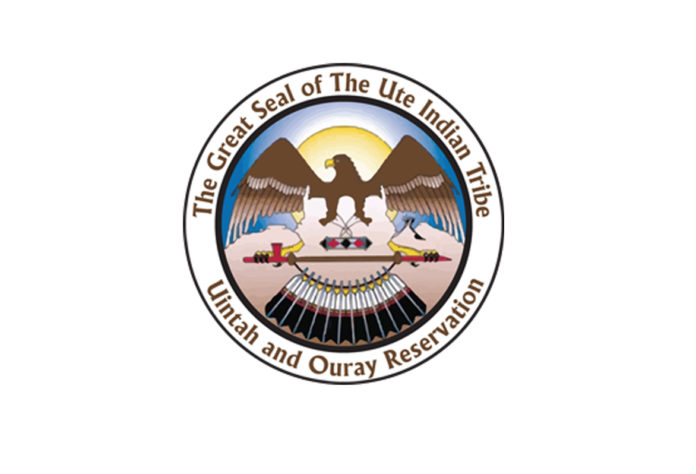FT. DUCHESNE, UT – The U.S. Supreme Court recently issued its decision on the distribution of Coronavirus Aid, Relief and Economic Security Act (CARES Act) Coronavirus Relief Funds (CRF) to Indian tribes. Under the CARES Act, CRF payments were intended for tribal, state and local governments. However, writing for the majority, Justice Sotomayor concluded that Alaska Native Corporations (ANCs) could receive these funds because ANCs were included in the definition of “Indian tribe” used for CRF payments.
The Ute Indian Tribe fought this case all the way to the Supreme Court to protect the sovereign authorities of federally recognized tribal governments. Federally recognized tribal governments have a government-to-government political relationship with the United States. This includes protecting treaty rights, providing government services, and upholding trust responsibilities through a number of federal laws. The Ute Indian Tribe used CRF payments to maintain government services during the COVID-19 pandemic.
Chairman Shaun Chapoose, speaking on behalf of the Ute Tribe Business Committee, stated, “This case was not about the CRF payments; it was about defending tribal governments. We’ve had to fight through centuries of attacks on our governments, ever-changing federal policies, misguided court decisions, and federal legislation drafted without consultation or considering the impacts on tribal governments. The Ute Indian Tribe will continue to defend and stand up for the sovereignty and rights of tribal governments as they relate to these matters, even if no one else will.”
The Court’s decision relied entirely on the definition of “Indian tribe” from the Indian Self- Determination and Education Assistance Act of 1975 (Indian Self-Determination Act). This broad definition includes ANCs in the definition of “Indian tribe,” even though ANCs are state-chartered for-profit corporations.
The Court noted that many of the other tribes in the case conceded that if ANCs are included in the Indian Self-Determination Act definition of “Indian tribe,” then ANCs were eligible to receive CRF payments. This concession seemed to open the door to the Court’s decision in favor of ANCs.
The Court also noted that only one tribe that was a party to the case, the Ute Indian Tribe, did not concede this point. The Ute Indian Tribe argued that ANCs cannot receive CARES Act CRF payments because they are not “tribal governments.” During oral argument, Justice Sotomayor said this was the strongest argument that the tribes had for not providing CARES Act CRF payments to ANCs.
Chairman Chapoose continued, “We must work together to protect the authority of tribal governments and our political relationship to the United States, which has come under attack in recent years as other groups that are not federally recognized tribes continue to make claims to our sovereign treaty rights.”
Justice Gorsuch wrote a dissenting opinion that strongly agreed with the Ute Indian Tribe’s argument that that ANCs are not “federally recognized tribal governments.” Justice Gorsuch wrote, “The question we must answer is whether Alaska’s for-profit Alaska Native Corporations (ANCs) qualify as ‘Tribal governments.’” He concluded, “There’s just no way to read the text to include ANCs as ‘Tribal governments’ for purposes of the CARES Act.” Justice Thomas and Justice Kagan joined the dissent.
Justice Gorsuch continued, “ANCs are not ‘recognized’ as tribes eligible for the special programs and services provided by the United States to Indians because of their status as Indians.” He concluded that he would have upheld the decision by the Court of Appeals for the District of Columbia Circuit finding that ANCs are not tribal governments.
The consolidated case is known as Yellen v. Confederated Tribes of the Chehalis Reservation, and it included a number of separate cases brought by the Ute Indian Tribe, other Indian tribes, and Alaska Native Villages. The Court acknowledged that ANCs are state-chartered for-profit corporations and were entitled to other CARES Act funding made available to businesses, but the Court was forced to apply the definition of “Indian tribe” used in the Indian Self- Determination Act.















































